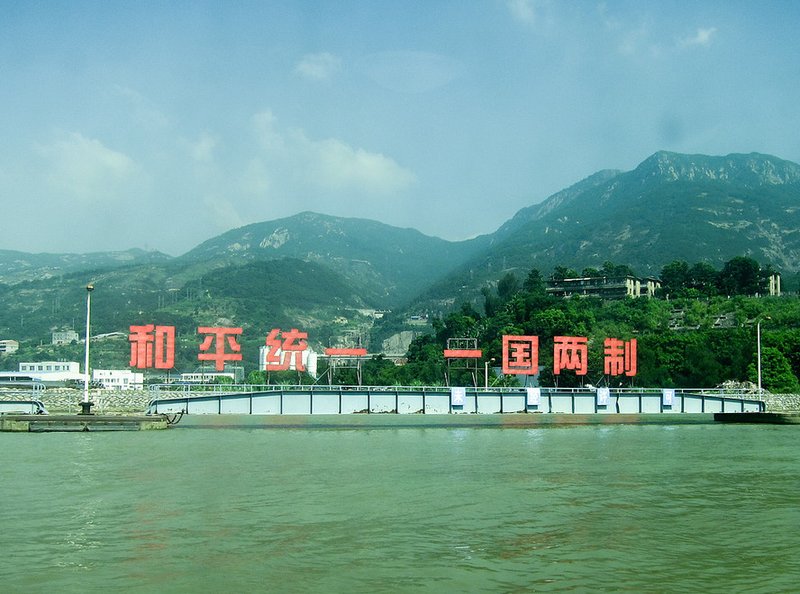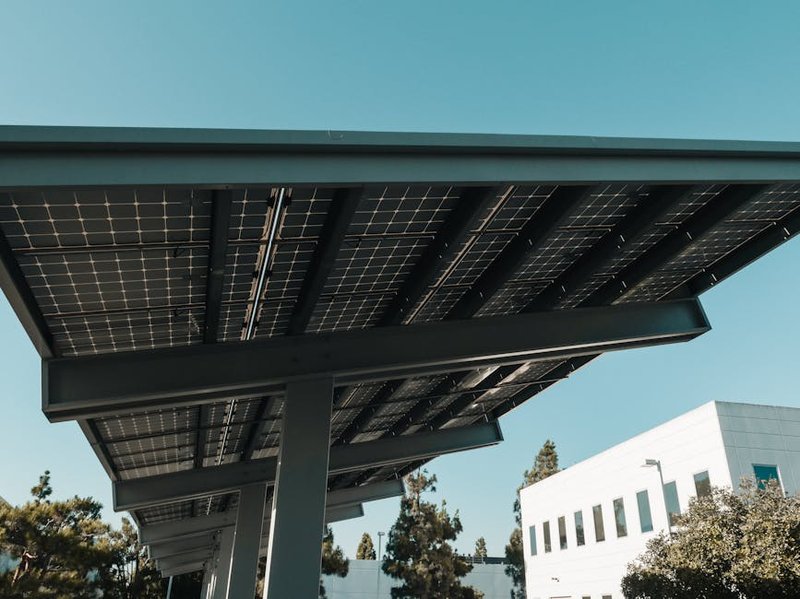In our quest to understand the world’s most volatile geopolitical relationships, we often lose sight of the deeper human narratives that give them meaning. The Taiwan-China relationship—perhaps the most consequential flashpoint in modern international relations—offers more than just a story of political tension. It represents a profound search for identity, belonging, and self-determination that resonates with our fundamental human need to define who we are and where we belong.
When I first approached this complex relationship, I was struck not by the military posturing or diplomatic maneuvering, but by the existential questions at its core: What constitutes a nation? How do people reconcile competing historical narratives? What happens when identity becomes entangled with security?
Taiwan – The Identity Beneath the Politics
The essence of the Taiwan-China tension transcends typical international disputes. Unlike many territorial conflicts, this isn’t merely about land or resources—it’s about competing visions of what it means to be Chinese. Beijing’s insistence that Taiwan must be reunified with the mainland reflects more than geopolitical ambition; it embodies a particular conception of Chinese civilization and its rightful boundaries.
For many in Taiwan, their democratic system isn’t just a form of government—it’s become fundamental to their sense of self. When Taiwanese people speak of preserving their way of life, they’re articulating something deeply personal: the freedom to determine their own future and express their unique cultural identity that has evolved separately from mainland China for decades.
“The greatest tragedy in this relationship is that both sides have legitimate narratives that deserve recognition,” notes Dr. Mei-Lin Chen, whom I interviewed for this exploration. “The mainland’s desire for reunification stems from historical wounds and national pride, while Taiwan’s resistance emerges from its lived experience of self-governance and democratic values.”

Taiwan – The Meaning Behind Military Movements
When China conducts military exercises around Taiwan, these actions carry symbolic weight beyond their tactical significance. They communicate Beijing’s determination to maintain what it considers the integrity of Chinese territory and sovereignty. Each aircraft that crosses into Taiwan’s air defense identification zone isn’t just a military probe—it’s a statement about China’s vision for its national future.
Similarly, when the United States sells arms to Taiwan or sends diplomatic delegations, these actions represent more than strategic calculations. They affirm a commitment to certain principles about how international relations should function and which values deserve protection.
What fascinates me most is how individual citizens on both sides make meaning of these tensions. For many mainland Chinese, Taiwan represents unfinished business—the final piece in China’s recovery from what they see as a “century of humiliation” at the hands of foreign powers. For many Taiwanese, especially younger generations, their distinct political and social evolution has created a separate identity that deserves recognition.
The Language of Belonging
The vocabulary of this relationship reveals its complexity. The “1992 Consensus” mentioned in diplomatic circles isn’t just a political formulation—it’s an attempt to bridge fundamentally different conceptions of sovereignty and identity. When Taiwanese leaders avoid explicitly endorsing a “One China” framework, they’re not simply making a diplomatic calculation; they’re preserving space for Taiwan’s distinct sense of self.
“The genius of the original formulation was that it allowed both sides to maintain their core narratives,” explains political scientist Dr. James Wu. “But what worked in 1992 struggles to contain the diverging identities that have emerged since democratization took root in Taiwan.”
This linguistic dance extends to ordinary people’s lives. When a Taiwanese person travels internationally and is asked where they’re from, their answer often requires careful navigation of these complex identities. The passport says “Republic of China,” but many young Taiwanese feel this inadequately captures their sense of who they are.
Economic Integration and Human Connection
Perhaps the most illuminating aspect of cross-strait relations is how deep economic integration coexists with political tension. Taiwanese companies have invested billions in mainland China, creating supply chains that bind the two economies together despite political differences. This economic relationship has facilitated millions of human connections—marriages, friendships, business partnerships—that complicate the political narratives.
I’ve spoken with Taiwanese business owners who maintain factories in China, navigating the contradiction between their economic interests and political concerns. One told me, “During the week, I manage workers in Shenzhen. On weekends, I return to Taipei where my children are growing up with a completely different understanding of what it means to be Chinese—or whether they consider themselves Chinese at all.”

The Quest for Meaning in Uncertainty
What gives this relationship its profound significance is the uncertainty that hangs over it. Neither side can fully predict how the future will unfold, creating an existential anxiety that permeates decisions large and small. Young Taiwanese wonder whether to invest in property on an island that faces military threats. Mainland officials calculate how far they can push without triggering international intervention.
In this uncertainty lies a universal human condition—the challenge of creating meaning in an unpredictable world. Both sides are attempting to author coherent narratives about who they are and what they stand for, even as circumstances constantly shift beneath them.
Finding Purpose in Complex Truths
The most meaningful approach to understanding this relationship requires embracing its complexity rather than reducing it to simplistic narratives. We must recognize that both sides hold partial truths, and that the full picture emerges only when we consider multiple perspectives.
What gives me hope is the resilience of human connection across political divides. Despite governmental tensions, people continue to build bridges through commerce, culture, and personal relationships. These connections remind us that beneath geopolitical abstractions lie human beings seeking security, prosperity, and meaning.
As we consider the future of Taiwan-China relations, perhaps our most valuable contribution is not picking sides but fostering dialogue that acknowledges the legitimate concerns of all involved. Only by understanding the deeper meaning behind political positions can we hope to find pathways toward resolution that honor human dignity and shared aspirations.
The greatest wisdom may lie in recognizing that identity need not be zero-sum. Perhaps the future holds possibilities for relationship that transcend our current understanding of what it means to be separate or unified. In that spirit of possibility, I believe we can find meaning even in uncertainty and connection even across difference.



